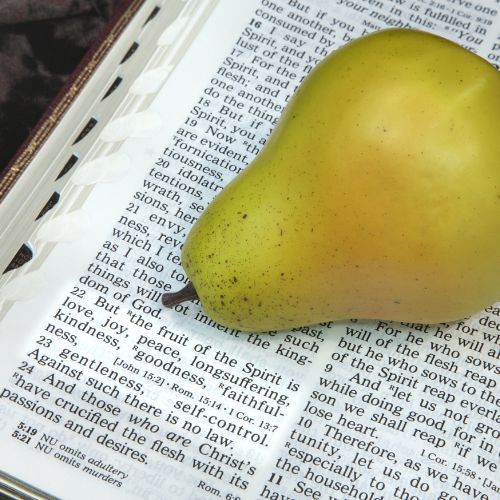As we approach the Thanksgiving season, it’s a fitting time to reflect on the incredible success of the United States of America and the role that gratitude has played in shaping this nation. The history of America is a testament to the power of thanksgiving, and it’s a story that finds resonance in the pages of the Bible.
A Nation Founded on Faith and Gratitude:
The origins of America are deeply rooted in faith and gratitude. The Pilgrims, seeking religious freedom, arrived on the Mayflower in 1620. Their journey was perilous, and the first winter was harsh, resulting in the loss of many lives. However, in the face of adversity, they gathered for a three-day feast in 1621 to give thanks to God for His provision and blessings. This event, now known as the first Thanksgiving, marks the beginning of a tradition that would become central to American culture.
Biblical Foundations:
The idea of offering thanks to God for His blessings has its roots in the Bible. Psalm 100:4-5 exhorts, “Enter his gates with thanksgiving, and his courts with praise! Give thanks to him; bless his name! For the Lord is good; his steadfast love endures forever, and his faithfulness to all generations.” The act of giving thanks is an acknowledgment of God’s goodness, love, and faithfulness.
The Power of Gratitude:
Gratitude has the power to transform hearts and communities. It shifts our focus from what we lack to what we have been given. In Philippians 4:6-7, we are encouraged, “Do not be anxious about anything, but in everything by prayer and supplication with thanksgiving let your requests be made known to God. And the peace of God, which surpasses all understanding, will guard your hearts and your minds in Christ Jesus.”
This verse highlights the connection between thanksgiving and peace. When we approach God with gratitude, it opens the door to His peace that transcends our circumstances. It reminds us that, even in challenging times, we have much to be thankful for.
The Role of Thanksgiving in American History:
Throughout American history, leaders have recognized the importance of thanksgiving. In 1789, President George Washington proclaimed a national day of thanksgiving, acknowledging “the great degree of tranquility, union, and plenty which we have since enjoyed.” He urged citizens to offer their “sincere and humble thanks” to God.
During the Civil War, in the midst of immense national turmoil, President Abraham Lincoln proclaimed a national day of “Thanksgiving and Praise to our beneficent Father who dwelleth in the Heavens.” Even in the darkest times, the act of giving thanks remained a crucial part of the American experience.
A Call to Gratitude Today:
In our fast-paced and often divided world, the practice of gratitude remains as relevant as ever. It reminds us of our shared blessings and helps bridge divides. The Apostle Paul encourages us in 1 Thessalonians 5:18, “Give thanks in all circumstances; for this is the will of God in Christ Jesus for you.”
This verse challenges us to cultivate a heart of gratitude, not only when things are going well but in all circumstances. It’s a reminder that even in difficult times, we can find reasons to be thankful.
Conclusion:
As we celebrate Thanksgiving and reflect on the success of America, let us remember that gratitude is not merely a holiday tradition but a timeless principle deeply rooted in faith. It has been a guiding force throughout American history, and it continues to be a source of strength and unity.
In the spirit of thanksgiving, let us pause to count our blessings and give thanks to the God who has bestowed upon us abundant grace and mercy. By embracing gratitude, we can continue to shape a future marked by faith, unity, and the enduring success of this great nation.







